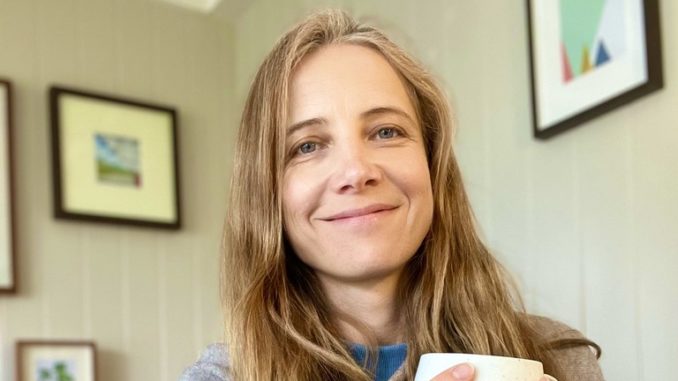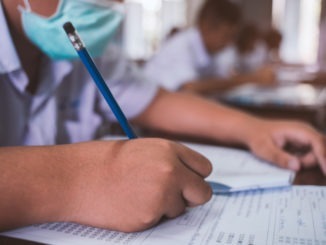
Children urgently need support in order to connect – and reconnect – right now as they get used to the school day all over again and we ease out of lockdown. But how do we help them?
Dr Hazel Harrison, a clinical psychologist, has five simple steps teachers can take to help children renew those vital bonds with their classmates, their schools and their wider communities.
Encourage children to carry out acts of kindness
Encouraging pupils to help others is a great way to enhance connections with one another, and lower stress levels at the same time. Helping others can trigger physiological changes that can make us feel closer to others, and braver. Being kind reminds us that we have something which others can benefit from and so increases our feelings of self-worth and self-esteem.
One of the most exciting discoveries about the science of kindness is the ripple effect – when we do something kind for someone else, it’s more likely that the person we’ve been kind to will be kind to someone else. It sets off a great big kindness domino run!
Provide opportunities for pupils to have meaningful conversations and interactions
Some conversations and interactions can have a dramatic effect on us, making us go from feeling deflated and disconnected to enthused, valued and accepted in a matter of minutes.
We can create these moments for children throughout the day. They don’t necessarily need to be long interactions, just small moments of connection in the corridor or whilst queuing for lunch. What helps to make these moments special is giving our full attention to the child, using our body language to demonstrate that we’re really listening, and enabling feelings of positivity through playfulness or warmth.
Regularly ask children to reflect on what they are grateful for
Researchers have found that when we regularly express gratitude our connections with each other are stronger, and we are more likely to experience positive emotions. Why not encourage children to write to someone to express gratitude for how they have helped them, or to take a moment at the beginning or end of the day to think about what they can be grateful for.
There are so many ways that pupils can express gratitude to others. When children see adults openly expressing gratitude, it helps build a community that values and appreciates one another.
Help children articulate their strengths
Over the last year, it’s not just our connections with others that have been lost, it’s also our connections with the best parts of ourselves. Going through a challenging or stressful experience often means the brain’s natural ‘negativity bias’ shifts attention towards all the things that are going wrong. Some children may have returned to school with a focus on their worst days, the mistakes they’ve made, and the things they haven’t accomplished.
Helping pupils to notice and articulate their own character strengths can enable them to use their strengths to feel more engaged and connected to themselves and others.
Suggest a social action project pupils can work on together
When we are part of something bigger than ourselves we have a sense of purpose and belonging that can contribute to a greater sense of wellbeing and happiness. Social action projects are ideal because they not only help communities, but also enable children to feel part of something special that is having an important impact on those around them. We know, too, that young people who take part in social action projects feel a stronger sense of belonging to their communities.
Dr Hazel Harrison is a clinical psychologist and award-winning children’s TV presenter. She is supporting Premier League Wellbeing Stars.




Be the first to comment